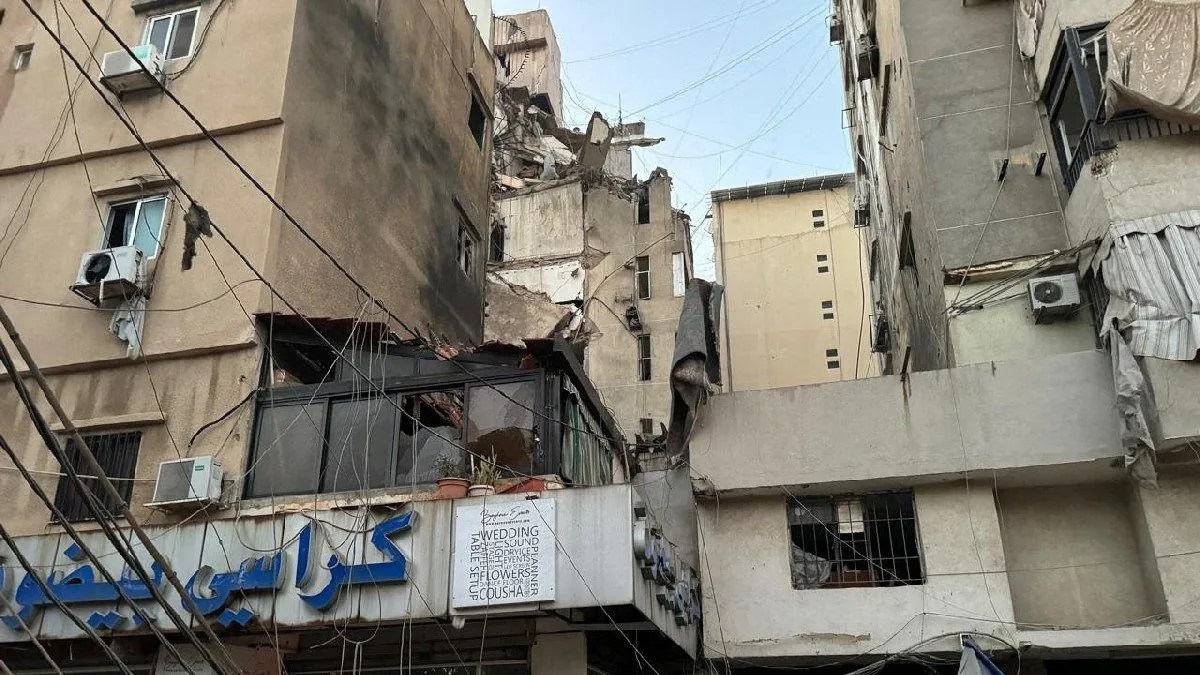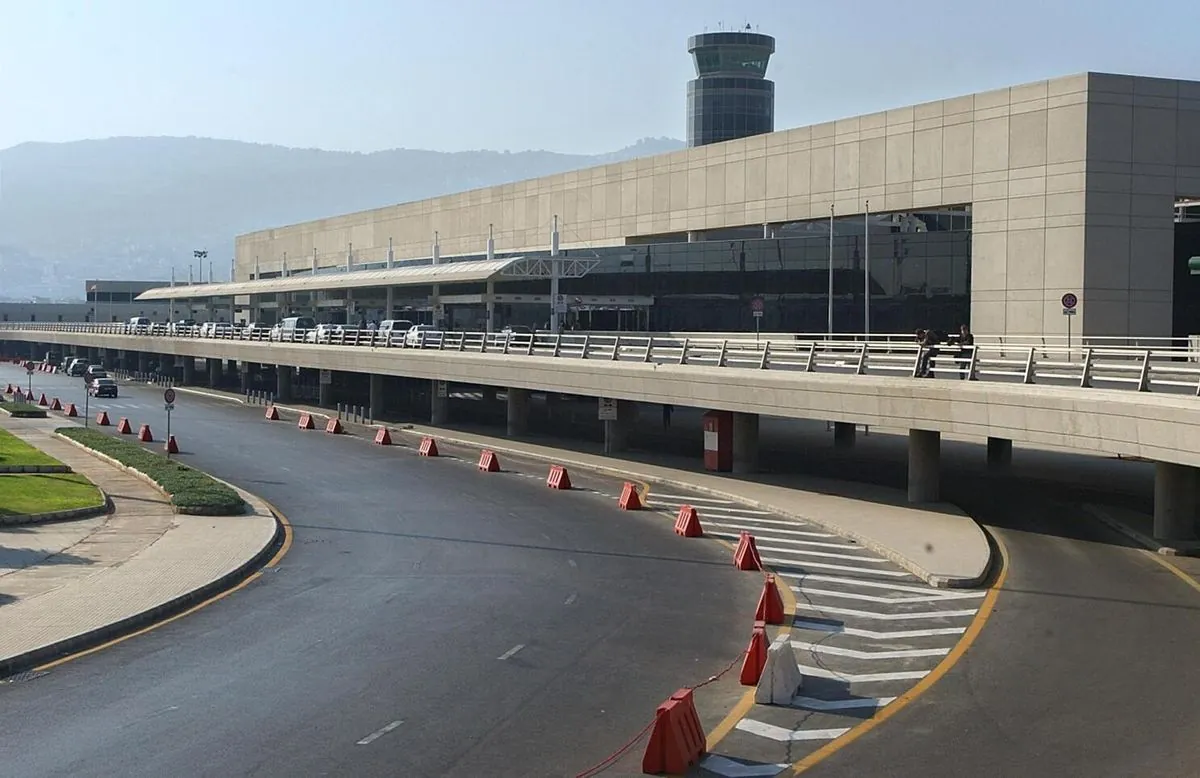Australia Urges Citizens to Exit Lebanon Amid Escalating Tensions
Australia calls for 15,000 citizens to leave Lebanon due to potential risks. Government considers evacuation options as Israel intensifies airstrikes, raising concerns about Beirut airport closure.

In a recent development, the Australian government has issued an urgent appeal for its estimated 15,000 citizens residing in Lebanon to depart the country. This call comes amidst escalating tensions in the region, with Anthony Albanese, the Australian Prime Minister, expressing concerns about potential difficulties in evacuating large numbers if the situation deteriorates further.
The urgency of the situation is underscored by Israel's intensified military actions in Lebanon. On Wednesday, September 25, 2024, Israel expanded its airstrikes, resulting in at least 72 fatalities. The Israeli military chief has not ruled out the possibility of a ground assault, further heightening tensions in the area.
Penny Wong, Australia's Foreign Minister, speaking from New York during the United Nations General Assembly, highlighted a significant risk: the potential extended closure of Beirut's airport. This possibility adds to the complexity of the situation, prompting the Australian government to advise its citizens to leave Lebanon immediately.

The Australian government is actively exploring various evacuation options, including potential water-based evacuations. However, Albanese has refrained from providing specific details, citing national security concerns. He stated, "We're looking at every option, but there's obviously national security issues."
This situation brings to mind Lebanon's rich history and complex geopolitical position. Lebanon, which gained independence from France in 1943, is known for its diverse religious landscape, hosting 18 officially recognized religious groups. It's worth noting that Lebanon has the highest proportion of Christians in the Middle East, yet maintains no official state religion.
The current crisis is not the first time Australia has faced such a challenge in Lebanon. In 2006, during a conflict between Hezbollah and Israel, Australia conducted its largest ever evacuation operation. This massive undertaking involved evacuating over 5,000 Australian citizens and 1,200 foreigners from Lebanese ports, utilizing 17 ships, 22 Australian aircraft, and more than 470 buses. The operation required cooperation from Syria, Jordan, Cyprus, and Turkey.
Lebanon's strategic importance and cultural significance cannot be overstated. Often referred to as the "Paris of the Middle East" due to its cultural influence, Lebanon boasts a rich heritage. The country is home to the ancient city of Byblos, one of the oldest continuously inhabited cities globally, and the Cedars of God, a UNESCO World Heritage site containing some of the world's oldest trees.
Despite its relatively small size, Lebanon has made significant contributions to world culture and education. It's the birthplace of the Phoenician alphabet, a precursor to many modern alphabets, and hosts over 40 universities, with the American University of Beirut being the oldest.
However, Lebanon has faced numerous challenges in recent years. The country has been without a president since October 2022 and has been grappling with a severe economic crisis since 2019. Additionally, Lebanon hosts the largest number of refugees per capita globally, adding to its socio-economic pressures.
As the situation unfolds, the Australian government continues to work closely with its allies and partners to ensure the safety of its citizens. Albanese emphasized the ongoing efforts, stating, "We've been meeting on this through appropriate bodies over a period of time, including engaging with our friends and allies."
The current crisis serves as a stark reminder of Lebanon's complex geopolitical position and the challenges faced by countries in ensuring the safety of their citizens abroad. As events continue to develop, the international community watches closely, hoping for a peaceful resolution to the escalating tensions in this historically and culturally significant region.


































